This week's all-new AppleInsider podcast features Neil Hughes and Shane Cole as we discuss Apple's acquisition of augmented reality company Metaio, our WWDC predictions, Apple TV, and Apple HomeKit. Shane and Neil have a word to say on what they wish for Apple TV, and we have a special interview with Joe Dada, CEO of HomeKit accessory maker Insteon.
AppleInsider staff members Neil Hughes, Shane Cole, and Victor Marks discuss the top stories:
- Metaio's acquisition by Apple
- Our WWDC predictions
- Apple TV — no new device at WWDC, but what we wish for one
- HomeKit announcements, with Insteon, Lutron and Ecobee as Apple's launch partners
- AppleInsider's Watch Effect series
The show is available on iTunes and your favorite podcast apps by searching for "AppleInsider." Click here to listen, subscribe, and don't forget to rate our show.
You can also listen to it embedded via SoundCloud below:
Show note links:
Follow our hosts on Twitter: @thisisneil and @vmarks
We'd appreciate your feedback and comments, as well as any questions that we can answer on future episodes. Send your responses to the AppleInsider podcast at news@appleinsider.com and follow or tweet at us @appleinsider.
Finally, anyone interested in sponsoring the show can reach out to us at advertising@appleinsider.com.
 Victor Marks
Victor Marks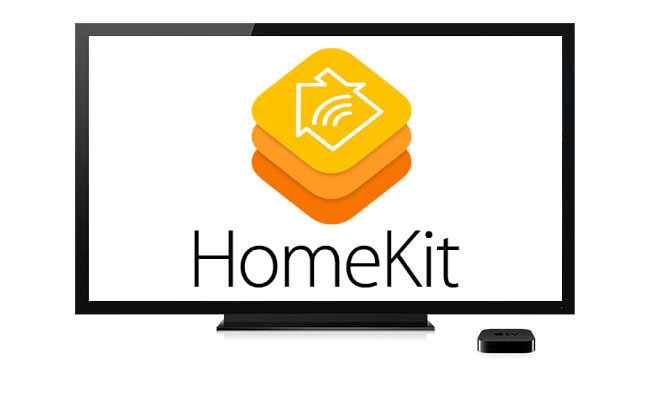






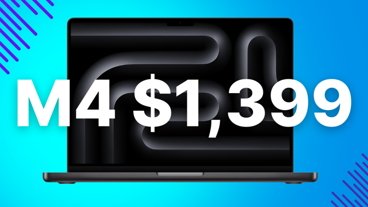


 Christine McKee
Christine McKee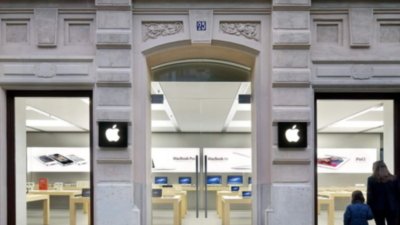
 Stephen Silver
Stephen Silver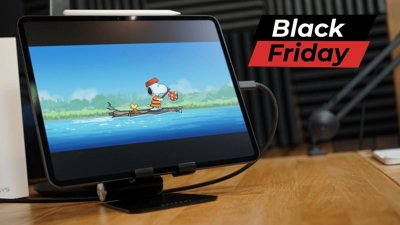

 Charles Martin
Charles Martin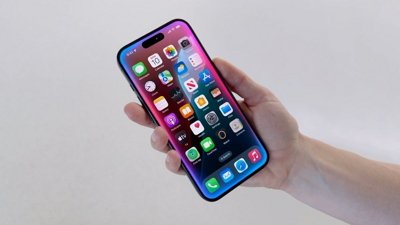
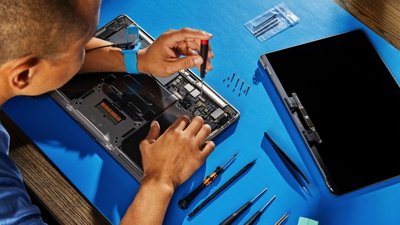
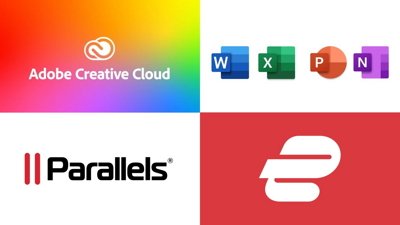
 Amber Neely
Amber Neely









6 Comments
Rabbit ears comment was great. I think if you did this podcast with Skype or Facetime you could see when the other guy had finished speaking.
No Apple TV at WWDC? If the Apple TV is to be the hub for HomeKit, and this is the year to pushing HomeKit out, Apple TV device will definitely move forward but without TV services.
Rabbit ears comment was great.
I think if you did this podcast with Skype or Facetime you could see when the other guy had finished speaking.
Part of the problem is network lag - the delay between each participant and the servers that connect the call. 250ms is fine, 3000ms is more difficult.
The other issue is that humans talk over each other even with video chat, partially in an attempt to fill any void in conversation. I was watching a Google Hangout that was posted on Youtube yesterday, and the participants clearly respected each other, and still managed to talk over each other. Because Hangouts wants to give video focus to the current speaker, the video switched back and forth rapidly.
Also: audio quality becomes an issue when you have video sucking up bandwidth in addition to the audio. To overcome it, then you record each side locally and recombine them after the fact, which introduces more room for sync issues. Add in a few edits to redo some flubs and there are more variables.
In video, there's SMTPE timecode. For audio, there's no timecode unless you're doing MIDI. Weird things can creep in, like 3 tracks recorded at the same time, same length, same tool, and on import into the audio editor, one of them is shorter than the others, and throughout the course of the conversation gets increasingly out of sync with the other speakers - it's being rendered at a different speed than the others, but unlike with analog tape, pitch doesn't shift.
On top of this, you have very long, very large files, and run into audio editors that throw errors about out of memory. None of these faults even cover the basics, like getting OS X and chat tools to properly handle external audio input. Skype on Mac had a bug for a week or more recently where it would not use external audio sources.
Granted, this is all (unfortunately*) normal, but that's where it can all go wrong.
* It's kind of amazing that there are few software options available that can re-align separate audio tracks computationally. If it were easy, I expect it would have been done by now.
There are some interesting attempts to solve problems particular to podcasting. In the old days, it was Podcast Maker or Übercaster. These days, it's things like Ringr, Trycast and PodCleaner, although I think it's fair to describe these as works in progress.
No Apple TV at WWDC? If the Apple TV is to be the hub for HomeKit, and this is the year to pushing HomeKit out, Apple TV device will definitely move forward but without TV services.
It's possible that the rumored AppleTV device launch is being held up for hardware delays. It's also possible that it's being held up until the rumored TV service negotiations are closed and the service is ready to launch.
When AppleTV originally was announced, it took about three months for hardware to become available. These days, we're much more used to at least some quantity of product being available very close to launch, if not immediately available. Apple can still talk HomeKit at WWDC and introduce hardware when they're ready without too much trouble.
Part of the problem is network lag - the delay between each participant and the servers that connect the call. 250ms is fine, 3000ms is more difficult.
The other issue is that humans talk over each other even with video chat, partially in an attempt to fill any void in conversation. I was watching a Google Hangout that was posted on Youtube yesterday, and the participants clearly respected each other, and still managed to talk over each other. Because Hangouts wants to give video focus to the current speaker, the video switched back and forth rapidly.
Thanks for the explanation. Wow, that's a lot of lag, something is probably wrong there actually, even allowing for international participants. I would do a traceroute and if my traffic is taking an illogical path complain to my ISP about it.